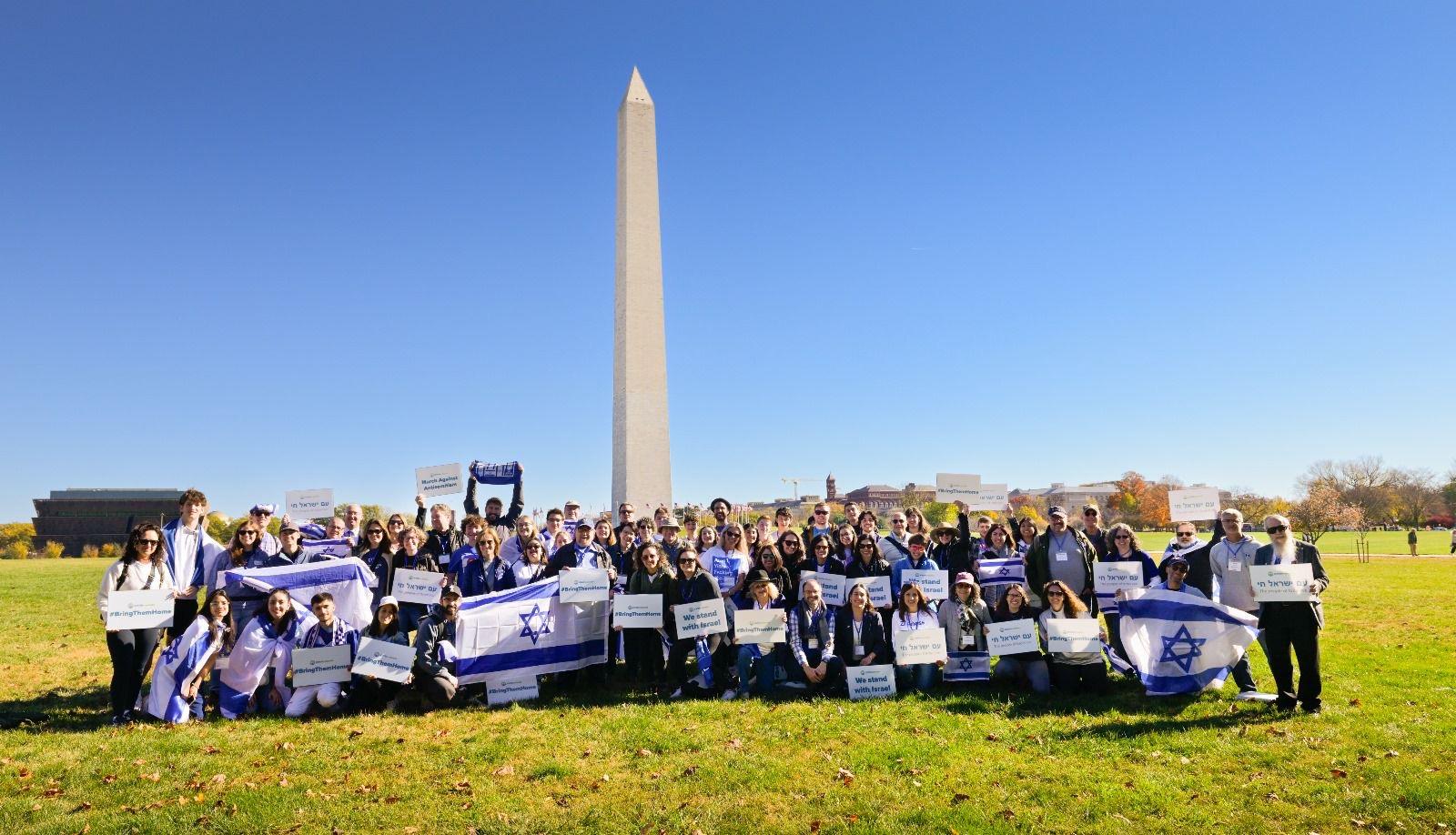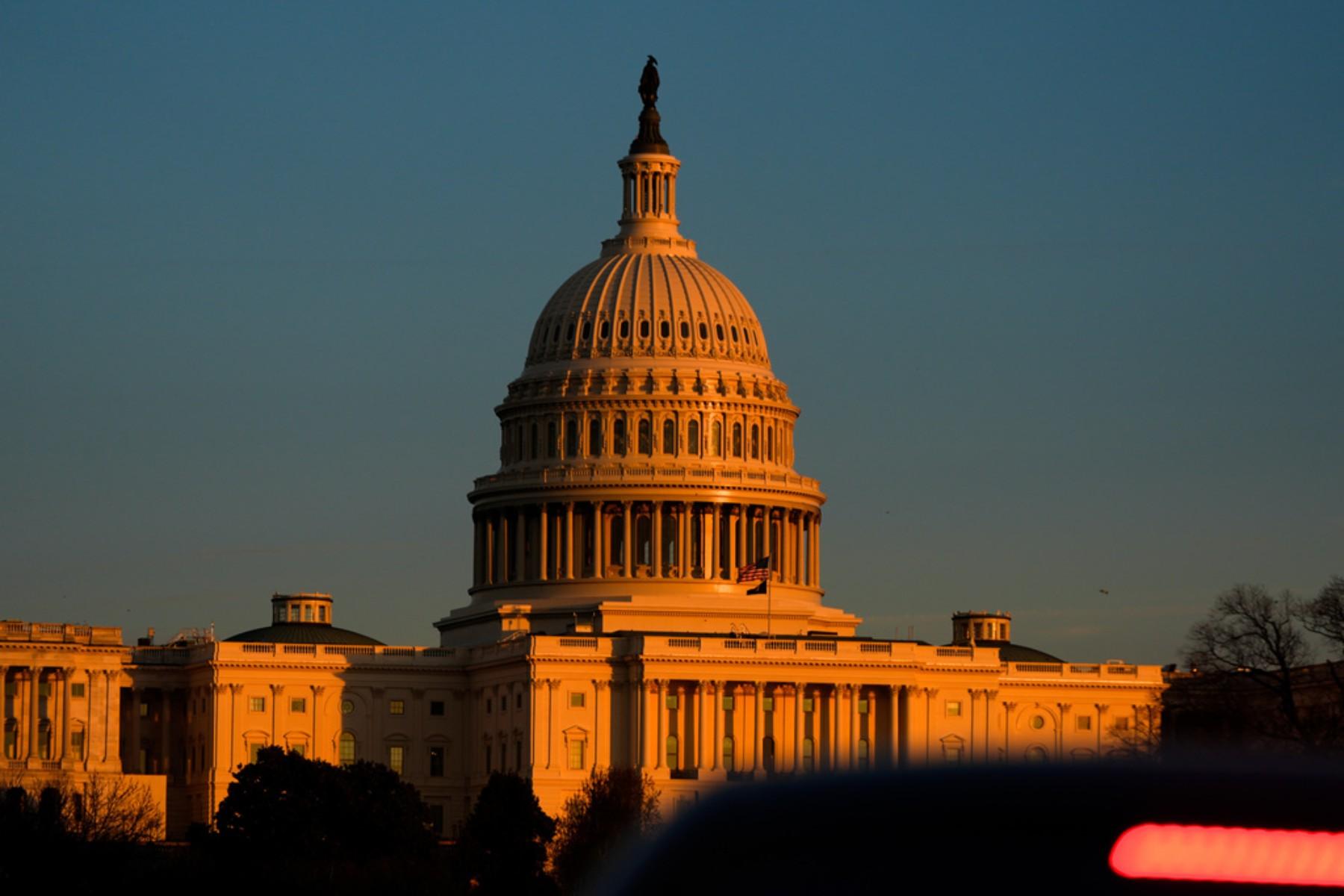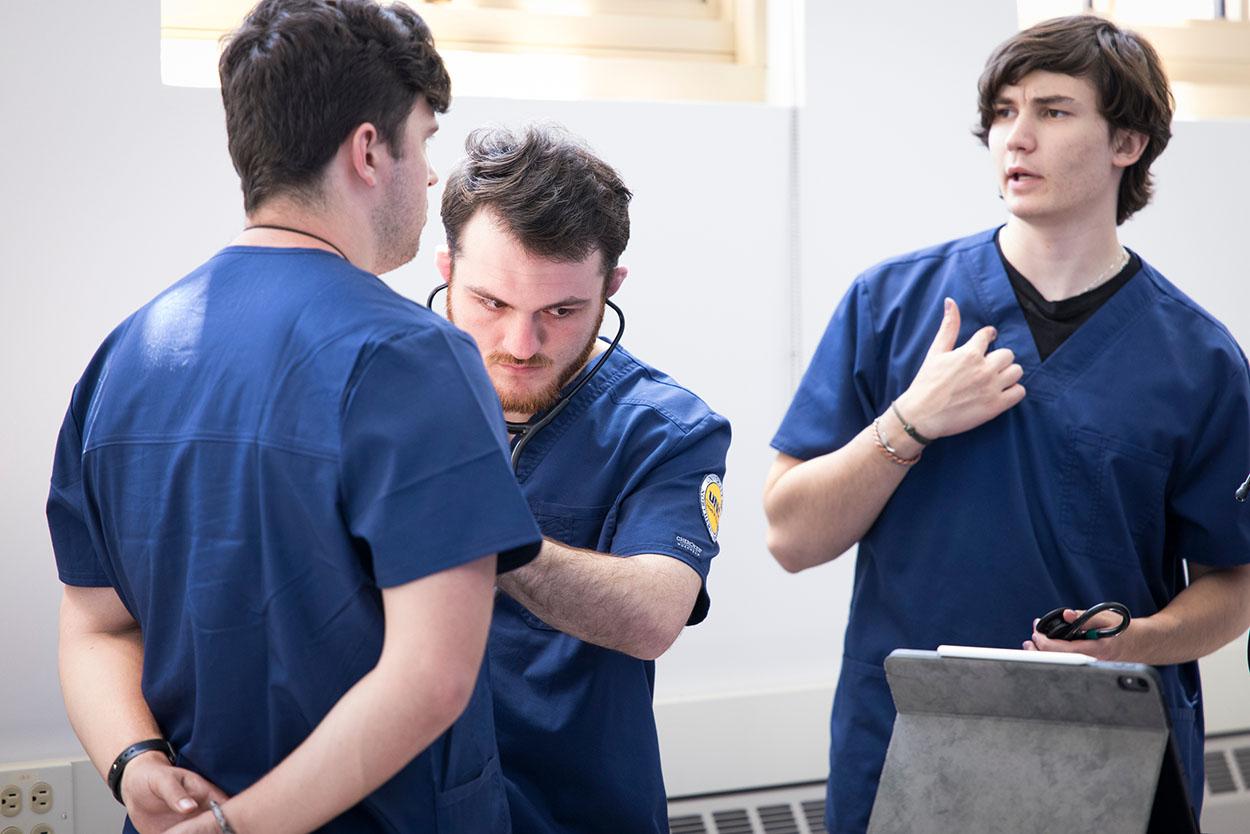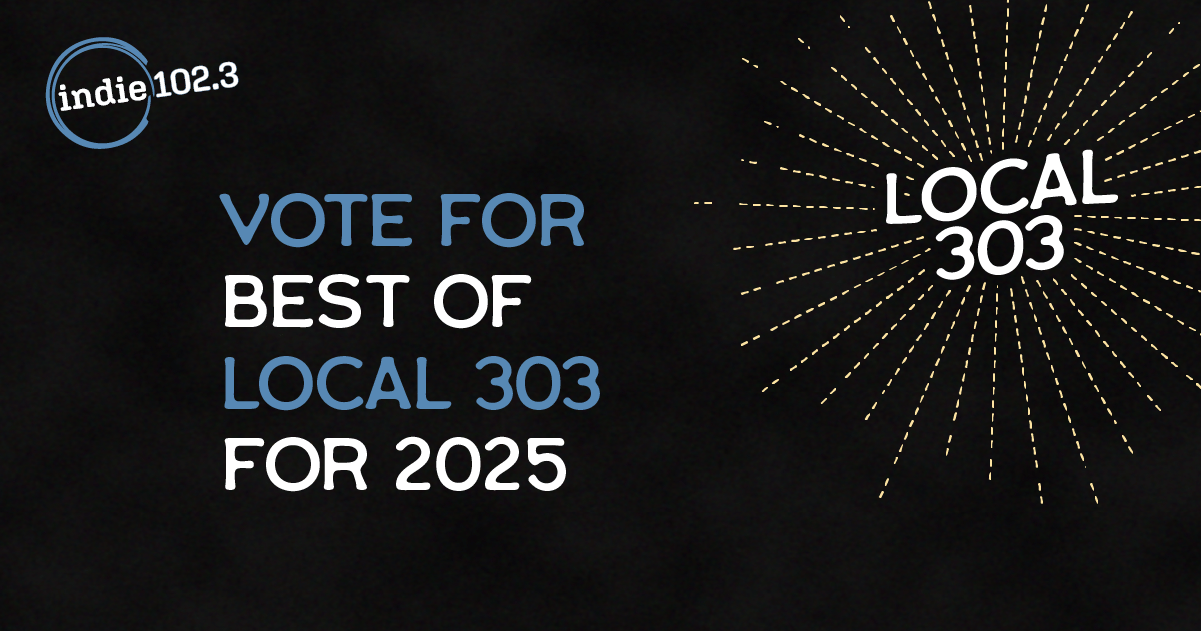
We are learning more about a hostage deal between Israel and Hamas. A humanitarian pause will last 4 days and liberate captives on both sides. Since Hamas' attack October 7th, the chant "Bring Them Home" has become a familiar one. It was heard in Washington during the March for Israel this month. Rabbi Emily Hyatt traveled to DC to take part. Upon her return to Denver, she delivered a Shabbat sermon about the experience.
As CPR shares a range of Colorado voices connected to the war, we present an excerpt of the rabbi's remarks to her congregation at Temple Emanuel Friday night, November 17th.
This transcript has been lightly edited for clarity.
They say “march” when you march on Washington – by the way, you just stand still in one place – but we marched on Washington and it was in solidarity with Israel and also in support of releasing the hostages and support of the US relationship with Israel. And I think it was a 21-hour experience, 18 hours of travel, for three hours on the ground in DC. And it was a pretty wild experience. The helicopter that was flying back and forth overhead, I was like, "What do you think they're looking for?" you know, the security and all of that. And then I think they were counting, I think they do a counting thing to see how many people show up when there's these experiences where people come and the numbers that they gave, they said there were 290,000 people that showed up in support of Israel, which is pretty powerful. Do we know that it's 290,000? You know a rabbi didn't count because they would've said there were like 2 million – that’s how many people come to high holidays in case you were wondering – “rabbi counting,” “rabbi numbers.”
But that's a lot of people and it felt like a lot of people. Federations and day school groups and people that are there on their own and people from other organizations, everybody's wearing their swag that says which city or organization they belong to, and there's Christians United for Israel and then there's Boston Federation Loves Israel and all the people that are there and they're all swimming around us in this giant section and we're only one of all the sections. And we listened to a lot of people talk, people that I agree with a lot of the time, people that I don't agree with most of the time, and people said some really powerful things and not just in support of Israel, in support of the Jewish community and in support of the Jewish community's right to live without fear or persecution. And so I'm thinking about the fact that there were about 300,000 people that were there, and I saw this thing that was on the internet that was saying, "How cool is this?"
There were approximately 300,000 people that came to the march in DC. There were 300,000 reserve soldiers that were called up in Israel, approximately – I think it's like 360,000 now – 600,000 is a powerful number. You know what 600,000 is? The number of people who stood at Sinai. Cool. What does it mean? I don't know, but it's cool. But then I saw a friend of mine, Rabbi Leah Sarna, who said, "Actually, let me help you remember the text that you're talking about." She said, "If you go back to the Book of Exodus, when it talks about the people who are about to stand at Sinai, it says that the Israelites journeyed from Rameses to Succoth, one place to another, about 600,000 men on foot." And then it says in the text, "Not including those who are under 20." The reason that they do that is because they're measuring the number of military capable people, right? For them, what they want to know is that there were 600,000 people who are old enough to fight.
But what she is pointing out is that it says that there were 600,000, but really what that means is that there were about 3 million – say the rabbis who we know can't count – 3 million is a lot more than 600,000. And it occurs to me that that's exactly true for Tuesday also. That somewhere between 290,000 and 300,000 people stood in Washington and they represented so many more. I looked at our latest membership report that we give to the board of trustees. We have 5,372 individual members of Temple, and I took all of you with me to DC and then I stood on the mall with all of you. And if that's true for me, how wildly true is that for all of us that we're standing there? What communities did we represent that we went on behalf of? Because really 21 hours is an impractical, not really efficient travel day. And so not all of us can get up and go, but all of us got up and went.
And so I took with me 6,000 of you and I also had a very heavy carry-on full of snacks and batteries and cell phone things and extra socks and all the good stuff that you take when you go on a trip if you're well-prepared. And here's what I brought back with me: some sense of the following truths: Number one is you were absolutely there with me. Number two, we're not alone. We're not alone, even though I know we feel lonely right now. Number three, the Jewish community can, for the most part, put aside a lot of the really big differences that we have and that we do need to figure out and work through, but we can put them aside to find these very rare moments of unity. I didn't know if we could. I don't always know if we should, but we did, and that was a pretty powerful thing. Number four, what's happening right now is not okay. This is not okay. I think that's why 300,000 people showed up. I think it made it feel clearer to me than it had before, how not okay this is. Sometimes you feel like you're imagining it, and I have felt like that about the state of antisemitism in the world. I have felt like that about the war in Israel with Hamas. It's so not okay. I came back with the understanding that we are fighting perhaps more than one war, and they're a little tangled and they're a little hard to tell apart. But we have the war in Israel with Hamas, and we have the fight that we are picking up here in Denver, in Colorado, in the US, in North America, in the rest of the world against antisemitism.
And just because I think the moment of honesty matters, and it's my job to tell you, I'm a little scared. And once we have acknowledged the fact that this is big and it's maybe not okay, then we have the opportunity to take a second. Each one of us represents more than just ourselves. I brought all of you with me to DC. I also brought all of the people who came before me, all of the people who have lived this before. There's a guy named Theodore Reich. He's a Jewish psychoanalyst that was a student of Freud, and he says that we sometimes misstate something. We often say that history repeats itself and he says, "That's not quite correct. It merely rhymes."
Because in every generation we're different. We have different information, we have different resources, we have different understanding of human capacity. We have every generation that came before us that we get to learn from, and we have different people around us that we have relationships with and friendships with and alliances with and that we can rely on. I know many of you feel alone. Somebody said to me recently, "I feel like it's an out-of-body experience to be listening to the news that I'm listening to." Because we feel like we are separated from parts of society that we are used to, that now feel perhaps far away from us. I know we feel alone, but you're not. You're just not.









